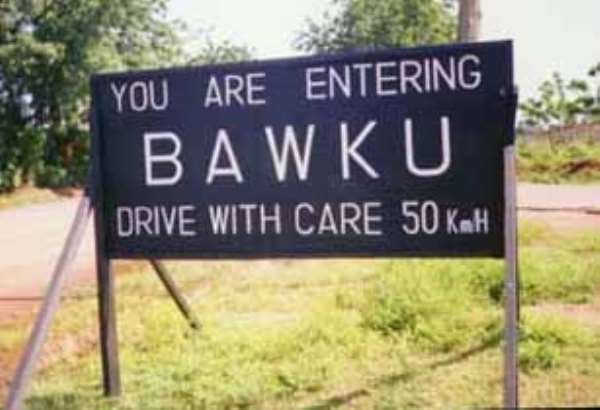
The Christian Council of Ghana (CCG) has expressed grave concern over the persistent violence in Bawku, in the Upper East Region, calling for immediate efforts to restore peace, protect lives, and safeguard vital religious and community institutions.
In a statement released on Wednesday, July 30, the Council condemned the continued hostilities, which it said have resulted in the loss of lives, mass displacement, and a severe setback to development and peace-building in the region.
Particularly alarming to the CCG is the impact the conflict is having on churches and mission establishments in the area.
These institutions, the Council noted, serve not only as centres of spiritual nourishment but also as pillars of social support and community cohesion.
Many of them have reportedly suffered damage, while numerous congregational and missionary activities have been forced to suspend operations.
“Bawku is home to numerous Christian congregations and mission facilities, many of which have contributed significantly to peacebuilding and social development in the region,” the statement read. “Their safety and continuity are essential for the wellbeing of all residents.”
At the root of the conflict lie longstanding chieftaincy disputes between the Kusasi and Mamprusi ethnic groups.
These tensions have periodically flared into violent confrontations, with devastating consequences for the civilian population.
The Council called on the leadership of both ethnic groups to engage in genuine dialogue and commit to upholding the sanctity of human life.
“We urgently appeal to the leaders of both communities to embrace dialogue and work together toward a peaceful resolution for the benefit of their people and the region as a whole,” the statement urged.
The CCG also appealed to a broad coalition of stakeholders religious groups, civil society, local opinion leaders, women, and youth organisations to intensify their mediation and reconciliation efforts.
The Council underlined the crucial role such groups play in building lasting peace and rebuilding trust between communities.
Turning its attention to security matters, the CCG advised security forces stationed in Bawku to act with professionalism, impartiality, and restraint.
“Security personnel must avoid any actions that may inflame tensions or alienate the local population. Their foremost responsibility is to protect all citizens including vulnerable groups and places of worship without discrimination or intimidation,” the Council stated.
In a show of solidarity, the Christian Council reaffirmed its commitment to supporting all peacebuilding stakeholders and called on the government to implement inclusive and sustainable peace initiatives.
It further urged churches across the country to devote themselves to prayer for healing, reconciliation, and divine guidance.
“The continued instability in Bawku not only endangers lives but also undermines social cohesion and development in the Upper East Region and beyond,” the Council warned.
“Restoring peace is a shared responsibility one that requires the collective effort of traditional leaders, ethnic communities, religious institutions, security agencies, and government authorities.”
The Christian Council of Ghana concluded by pledging its unwavering support to all efforts aimed at fostering peace, reconciliation, and the protection of all Ghanaians, regardless of background or belief.
DISCLAIMER: The Views, Comments, Opinions, Contributions and Statements made by Readers and Contributors on this platform do not necessarily represent the views or policy of Multimedia Group Limited.
DISCLAIMER: The Views, Comments, Opinions, Contributions and Statements made by Readers and Contributors on this platform do not necessarily represent the views or policy of Multimedia Group Limited.


